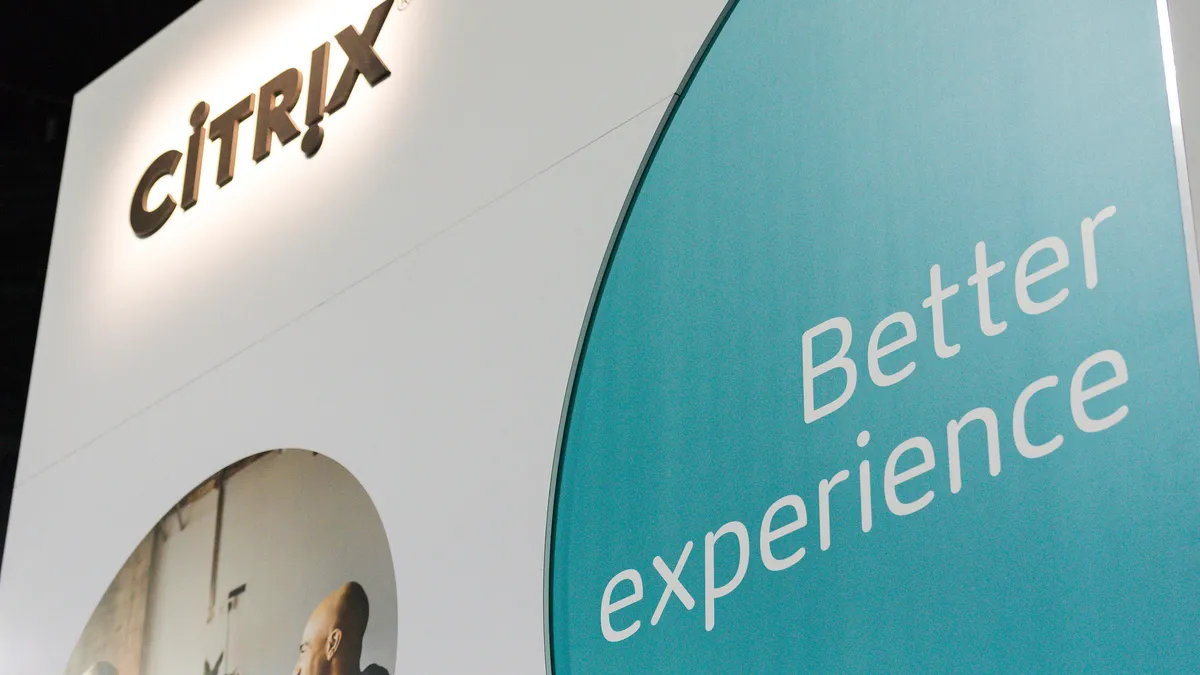Cloud computing company Citrix Systems secured a spot on Disability:IN’s 2022 Disability Equality Index, joined by other HR heavy hitters like Indeed, Deloitte, LinkedIn and UKG. Beyond its employee resource group for workers with disabilities, an event series and anti-ableism training sessions, Citrix told HR Dive the company also shows up for this community through its Mental Health First Aiders program.
Citrix employees learn about self-care, how to catch early symptoms of mental health issues and best practices for guiding co-workers toward professional support. The software company’s approach supports Disability:IN’s observations about neurodiversity at work; mainly, that the stressors of the COVID-19 pandemic opened up a greater dialogue about well-being.
“During COVID-19, non-disabled workers gained awareness of how ordinary work interactions can tax their physical well-being and mental health, highlighting the ways traditional working conditions have perpetuated inequity for people with disabilities for decades,” Disability:IN researchers wrote in the report. “Companies now recognize broader wellness initiatives as a form of disability affirmation and inclusion and are implementing programs to make the workplace healthier, more balanced, and more accessible.”
Citrix’s VP of Diversity, Belonging and Giving, Scott Ballina, has been with Citrix each year of its Disability:IN rating. Ballina told HR Dive that ERGs aren’t just a way to retain employees, but to attract them as well. (Among the companies surveyed by the inclusion collective, 88% reported an officially recognized, disability-focused resource or affinity group.)
“When employees see people who are like them in leadership positions, they have more confidence that they, too, can grow in their career. The more inclusion you demonstrate, the more inclusion you get,” Ballina said in an email. In many ways, cultivating a robust community of marginalized folks within an organization is its own form of positive messaging.
Beyond adopting diverse hiring practices, Ballina encouraged HR professionals to defer to employees with disabilities. “Listen to their needs. Listen to the barriers to success that they are experiencing,” he said. “Listen to the experts in the field — like Disability:IN — to help you develop strategies.”
A benefit that, according to HR experts, increasingly benefits all: 96% of companies surveyed for the index said they offer flexible work options. And of the 415 companies participating in the survey, 84% said they provide wellness benefits beyond an employee assistance program, therapy and counseling. Researchers noted the inclusion of financial planning, fitness, nutrition and sleep programs within many of these benefits packages.
Initiatives such as these — encouraging hybrid work and offering what Disability:IN calls wraparound human services — are considered “foundational practices.” These lay the groundwork for talent with disabilities to feel welcome in their workplace.














